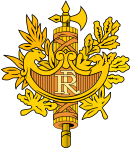A write-in candidate is a candidate in an election whose name does not appear on the ballot, but for whom voters may vote nonetheless by writing in the person's name. The system is almost totally confined to elections in the United States. Some U.S. states and local jurisdictions allow a voter to affix a sticker, with the write-in candidate's name, to the ballot in lieu of actually writing in the candidate's name. Write-in candidacies are sometimes a result of a candidate being legally or procedurally ineligible to run under his or her own name or party; write-in candidacies may be permitted where term limits bar an incumbent candidate from being officially nominated for, or being listed on the ballot for, re-election. In some cases, write-in campaigns have been organized to support a candidate who is not personally involved in running; this may be a form of draft campaign.
Regular elections in Croatia are mandated by the Constitution and legislation enacted by Parliament. The presidency, Parliament, county prefects and assemblies, city and town mayors, and city and municipal councils are all elective offices. Since 1990, five presidential elections have been held. During the same period, nine parliamentary elections were also held. In addition, there were six nationwide local elections. Croatia has held two elections to elect 11 members of the European Parliament following its accession to the EU on 1 July 2013.

Elections in Benin take place within the framework of a multi-party democracy and a presidential system. Both the President and the National Assembly are directly elected by voters, with elections organised by the Autonomous National Electoral Commission (CENA).
Elections in Hungary are held at two levels: general elections to elect the members of the National Assembly and local elections to elect local authorities. European Parliament elections are also held every 5 years.

Elections in Lithuania gives information on elections and election results in Lithuania.

Parliamentary elections were held in Hungary on 9 April 2006, with a second round of voting in 110 of the 176 single-member constituencies on 23 April. The Hungarian Socialist Party emerged as the largest party in the National Assembly with 186 of the 386 seats, and continued the coalition government with the Alliance of Free Democrats. It marked the first time a government had been re-elected since the end of Communist rule.
Voting in Switzerland is the process by which Swiss citizens make decisions about governance and elect officials. The polling stations are opened on Saturdays and Sunday mornings but most people vote by post in advance. At noon on Sunday, voting ends and the results are usually known during the afternoon.
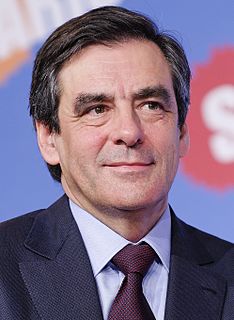
The French legislative elections took place on 10 June and 17 June 2007 to elect the 13th National Assembly of the Fifth Republic, a few weeks after the French presidential election run-off on 6 May. 7,639 candidates stood for 577 seats, including France's overseas possessions. Early first-round results projected a large majority for President Nicolas Sarkozy's UMP and its allies; however, second-round results showed a closer race and a stronger left. Nevertheless, the right retained its majority from 2002 despite losing some 40 seats to the Socialists.
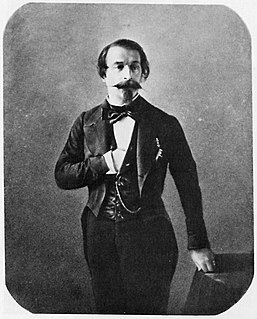
The French presidential election of 1848 was the first ever held. It elected the first and only president of the Second Republic. The election was held on 10 December 1848 and led to the surprise victory of Louis-Napoléon Bonaparte with 74% of the vote.

Cantonal elections to elect half the membership of the general councils of France's 100 departments were held on 21 and 28 March 2004. These elections coincided with the left's landslide in the regional elections held at the same time and also resulted in strong performances by the Socialist Party (PS) and its allies on the left, leaving the Socialists in control of a majority of departments.
Plurality-at-large voting, also known as block vote or multiple non-transferable vote (MNTV), is a non-proportional voting system for electing several representatives from a single multimember electoral district using a series of check boxes and tallying votes similar to a plurality election. Multiple winners are elected simultaneously to serve the district. Block voting is not a system for obtaining proportional representation; instead the usual result is that where the candidates divide into definitive parties the most popular party in the district sees its full slate of candidates elected, resulting in a landslide.

Cantonal elections to elect half the membership of the general councils of France's 100 departments were held on 11 and 18 March 2001. While the left did poorly in the municipal elections held on the same dates, it emerged as the overall winner in the cantonal elections, gaining control of six departments and losing that of just one.

Cantonal elections to elect half the membership of the general councils of France's 100 departments were held on 9 and 16 March 2008. These elections coincided with the municipal elections, in which the left did well.

Cantonal elections to elect half the membership of the general councils of France's 100 departments were held on 20 and 27 March 2011.
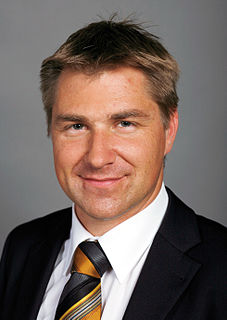
Federal elections were held in Switzerland on 18 October 2015 for the National Council and the first round of elections to the Council of States, with runoff elections to the Council of States being held in various cantons until 22 November.

Regional elections were held in France on 6 and 13 December 2015. At stake were the regional councils in metropolitan and overseas France as well as the Corsican Assembly and inaugural seats in the Assembly of French Guiana and Assembly of Martinique, all for a six-year term. The Departmental Council of Mayotte, which also exercises the powers of a region, is the only region not participating in this election, having already been renewed on 2 April 2015. There are 18 Regional Presidencies at stake, with 13 in continental France and Corsica, and 5 overseas. Though they do not have legislative autonomy, these territorial collectivities manage sizable budgets. Moreover, regional elections are often taken as a mid-term opinion poll.

A semi-parliamentary system is a classification of systems of government proposed by Maurice Duverger, in which citizens directly elect at the same time the legislature and the prime minister, possibly with an electoral law ensuring the existence of a parliamentary majority for the prime minister-elect. As in a parliamentary system, the prime minister is responsible to the legislature and can be dismissed by it: this however effectively causes a snap election for both the prime minister and the legislature.
Federal elections are scheduled to be held in Switzerland in 2019 to elect all members of both houses of the Federal Assembly. They will be followed by the 2019 election of the Swiss Federal Council, the federal executive, by the United Federal Assembly.
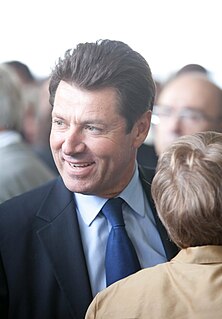
The 2017 Provence-Alpes-Côte d'Azur regional election took place from December 6 to 13 to renew the 123 members of the regional council.

Presidential elections were held in Senegal on 24 February 2019. Incumbent president Macky Sall of the Alliance for the Republic was re-elected for a second term with 58% of the vote in the first round.




